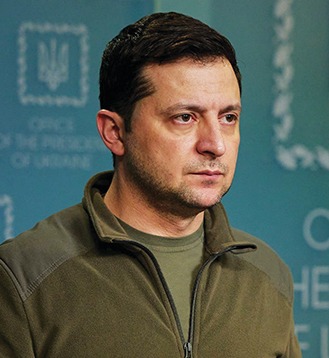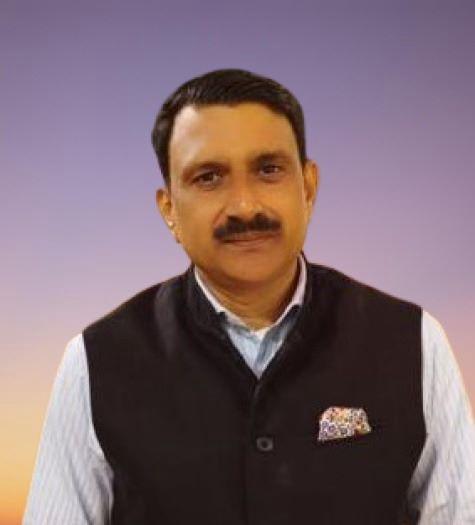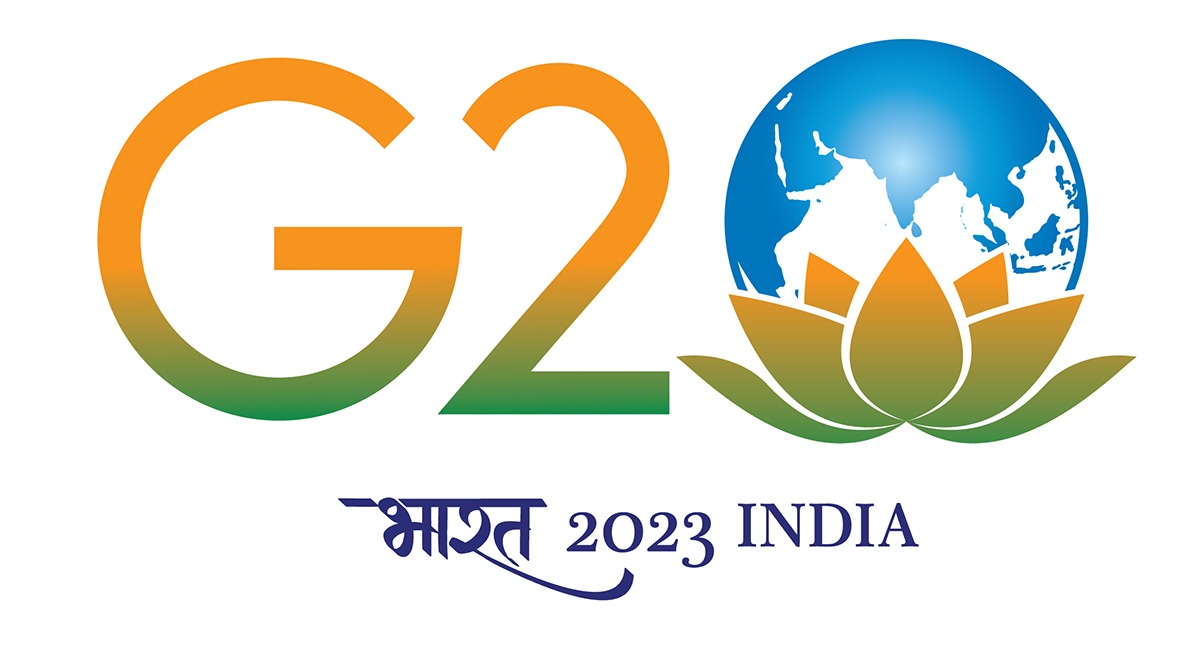
With the G20 summit in New Delhi just round the corner, Ukraine's desperation to secure an invitation from India has come to the forefront. As the clock ticks with only three weeks left, speculation grows about whether India will reconsider its decision not to extend an invitation to Ukraine, which is underpinned by a complex geopolitical landscape shaped by its recent conflict with Russia, is leaving no stone unturned in its efforts to win over India's favour.
Ukrainian President Zelensky's eagerness to partake in the gathering of the world's top economies is informed by a profound understanding of the strategic significance. The aftermath of Russia's aggressive actions within Ukraine's borders has illuminated the importance of international platforms such as the G20. Participation presents an invaluable opportunity to articulate Ukraine's perspective, rally support, and underline the urgency of a united response against aggression.

The geopolitical dynamics at play are indeed complex. Intriguingly, the global landscape remains starkly divided in the wake of the conflict. Western nations have demonstrated unwavering solidarity with Ukraine, offering substantial military assistance in a bid to counteract Russia's incursions. This proactive support aligns with the West's values and interests, as they advocate for the sovereignty of nations and the preservation of territorial integrity.
Conversely, a different narrative is emerging in the form of Russia's alliances. Nations like China and Belarus have aligned themselves with Russia, adopting a stance that veers away from the prevailing Western consensus. This divergence highlights the delicate balance of power dynamics and the nuanced web of allegiances in international relations.
In this intricate scenario, India has displayed commendable efforts to maintain a neutral stance. Given its historical commitment to diplomacy and peaceful resolution, India finds itself in a unique position to advocate for global unity in times of turmoil. Emphasizing the futility of war and the dire consequences it engenders, India's appeal for a world devoid of conflict resonates as a much-needed voice of reason.
While the likes of US President Biden and Chinese President have already confirmed their attendance in person at the event in New Delhi, Russian President Putin's decision remains uncertain. Insiders from the Kremlin have revealed that Putin is contemplating a physical presence at the G20 summit, which could be seen as an attempt to charm those member countries not aligned with the Western bloc, a bloc that supports Ukraine against Russia.
As the countdown to the G20 summit continues, the anticipation heightens. The decision on whether to extend an invitation to Ukraine carries immense weight, signaling broader diplomatic implications in the ongoing struggle for sovereignty. The presence or absence of leaders like Putin will inevitably shape the conversations, negotiations, and alliances formed at the summit. All eyes are on India, a nation poised to navigate the complex interplay of international relations while championing the values of unity and diplomacy on the global stage.

Ram Kumar Kaushik is a seasoned journalist with over 25 years of experience across mediums. The architect of this news website, he is also a consultant with several media groups. He was formerly the group managing editor of ITV Network (NewsX, India News and The Sunday Guardian) and its digital products.



